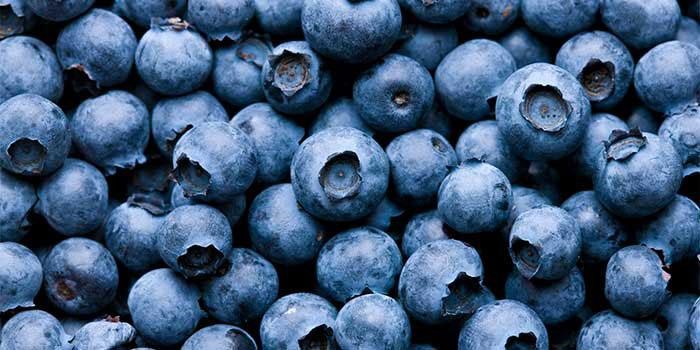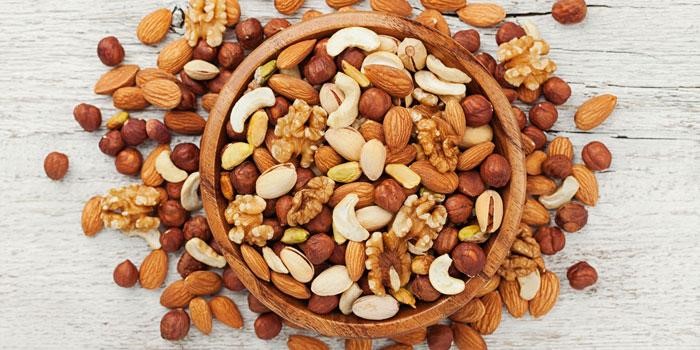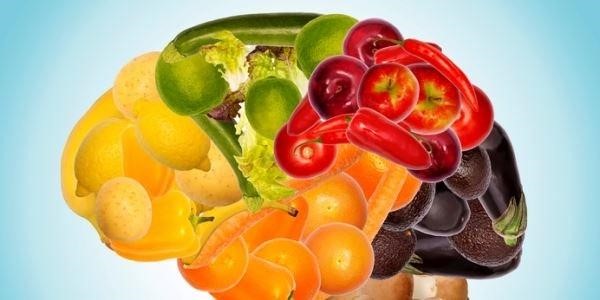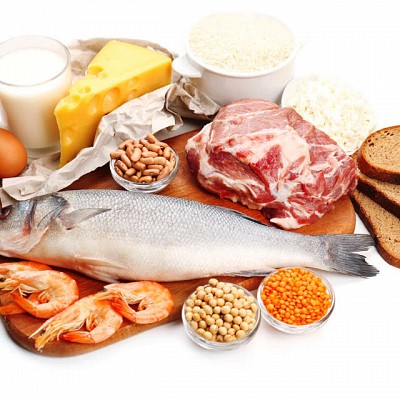Visit any learning institution when exam day is right around the corner, and the flurry of activity within the classrooms and lecture halls will amaze you.
Typically, everybody is often busy cramming notes and toiling relentlessly to feed their brains with relevant material in preparation for the upcoming tests. Besides this, other college students even turn to daily prayer schedules or consult with their priests, in hopes of acing their exams. But, the disturbing question is, are all these tactics sufficient?
For students looking to perform well in their coursework and exams, it is vital to maintain good mental health. Good mental health is promoted mainly by eating the right foods. As such, whether you want to optimize your brainpower for your university essay writing assignment or want to stay sharp during exam week; consuming a healthy and balanced diet inclusive of brain developing foods will get you there.
Although it is hard to pinpoint the best foods for brain health from the extensive list of available options, eating a balanced and healthy diet that comprises these seven foods may help you achieve better brain health and power.
Below are seven foods that students can consume to increase their brain health:
- Blueberries
First on the list are blueberries that rank as effective brain-boosting foods due to their high composition of flavonoids.
Flavonoids are health-promoting pigments found in plants, responsible for the blueberries' unique color. They are known to help boost memory, improve general thinking, and improve learning ability as well.
Blueberries also help slow down the decrease in memory and mental ability, both conditions related to advancement in age.
Since they are remarkably versatile and convenient, you can mix them in salads, include them on pancakes, cereal, and quick bread, or simply grab yourself a handful. You can take them in any form: fresh, dried, frozen, or freeze-dried.

- Olives
Regular consumption of olives may reduce the rate of age-related brain deterioration. This is primarily because of their monounsaturated fat content. These are healthy fats that are easily incorporated into the cells and help improve more oxygen transportation to your brain.
You can add olives in your daily diet by using them as a side dish for lunch, a snack food, or pre-dinner appetizers. Also, you can include olives in salads, atop pizzas, in casseroles, among others.
- Nuts
For those who are not allergic to tree nuts or peanuts, regularly eating nuts might help in the preservation of brain function.
Nuts are a natural source of vitamin E and mono-unsaturated fat known to protect the brain from typical degenerative conditions such as Alzheimer’s. Nuts do this by squelching the free radicals that damage brain cells.
With nuts, even consumption in little amounts works well for your brain. Nevertheless, ensure you take notice of the portion sizes.
You can include nuts as a yogurt topper or cereal, on top of cooked veggie or salad, or consume them as stand-alone snacks. However, if you are allergic, you can use nut seeds as an alternative since they afford the same brain-boosting benefits.

- Fish
If you don’t have any fish-related allergies, then consuming fish can afford you multiple brain benefits. As a first, consuming fish regularly has been seen to influence brain mass (size).
What's more, regularly eating fish can also lessen the process of brain aging. Fatty fish (halibut, salmon, trout, mackerel), in particular, have healthy oils (omega 3 fatty acids) that can help improve problem-solving, concentration, and memory.
You can follow a distinct fish diet plan where you plan to consume the recommended quantity of 2 servings of fatty fishweekly. However, you can also eat one serving every week, which is much better than having none whatsoever.
Contrastingly, you should limit your weekly consumption of mercury-containing tuna fish to about 6 ounces.
- Dark Chocolate
If you love chocolate (who doesn’t anyway?), then this might arguably be the best thing you have ever learned: dark chocolate boost brainpower. Yes, dark chocolate may boost your mood and think, as well as increase the flow of blood to the brain.
How? Well, these cocoa flavanols are naturally occurring phytonutrients present in the cocoa bean. Together with caffeine, they do the magic.
- Avocado
Like it or not, guacamole might just be what gets you that A in your SATs. Typically, Avocadoes are naturally packed with healthy fats (omega-3 fatty acids) that may enhance blood flow to your brain. Ideally, more blood flow to the brain may mean improved brain ability.
Avocadoes can be included in most dishes or consumed as a fruit. You can also make yourself some avocado-based brownies.
- Apples
Last but not least is what is perhaps the most popular food/fruit-the Apple. Apples afford multiple health benefits, including boosting brain health.
Many studies outline that besides being a remarkable all-year stand-alone snack, apples are also a noteworthy superfood that increases brainpower.
By taking apples as a snack or drinking apple juice, you can benefit from improved brain health. This is primarily due to their fantastic antioxidant elements.

Conclusion
Similar to how the body needs healthy food to remain healthy, so does the brain. According to a credible health article, a healthy green diet can help you concentrate and get things done regardless of the complexity of the work. By adding these seven brain foods mentioned above, students can significantly improve their concentration, memory, and focus.
Luckily, you can find all these food items easily in nearly all local markets anywhere, albeit at an affordable price. If you consume these brain foods both regularly and in the recommended amounts, you will experience remarkable brain and body health benefits eventually.






































